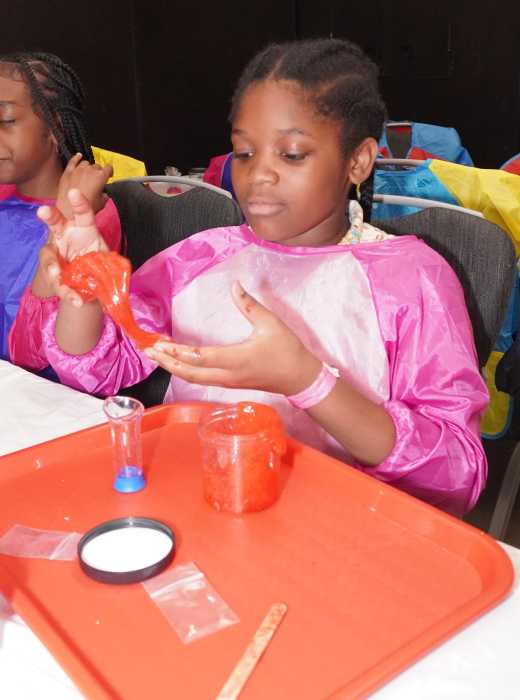Over dinner last week, my 11-year-old daughter regaled
me with an account of how a boy we know from her grade school was the only
sixth-grader in their middle school to compete in a special math team competition
before the whole school. Undoubtedly, she didn’t plan on me asking the question
I did. —
“You’re a top math student. Why aren’t you on the math team?”
She
grimaced. “You should see their geeky shirts. They stay after school. I don’t
want to do it.”
It is disappointing to hear my daughter hold herself back from an
opportunity that she might thrive at, so in follow-up conversations I tried to determine whether she doesn’t want to join the team
because she’s not that passionate about math or because she perceives it as only
something for “geeks,” and boy ones in particular (even though there are some
girls on the team and coach is a woman). I even told her about some of the
girls that were on my high school math team—one a beauty who went on to MIT, the
other an athlete who also went on to MIT. But however gently I tried to suggest
or query, the more set Elena became in her decision.
Following a friend’s advice, I suggested
she join the team with a classmate who is also a top math student.
“Are you
kidding me?” Elena said. “She’d never do it.”
Which, again, sounds more about
the affiliation than the affinity. But the more I think about it, she’s probably on to something even if she
can’t quite articulate it. She likes math—she likes doing well in it—but that’s
different from a passion or a fascination. She might have enjoyed re-designing
their t-shirts, actually. For now, I’m not going to push it.
—Eric Messinger









